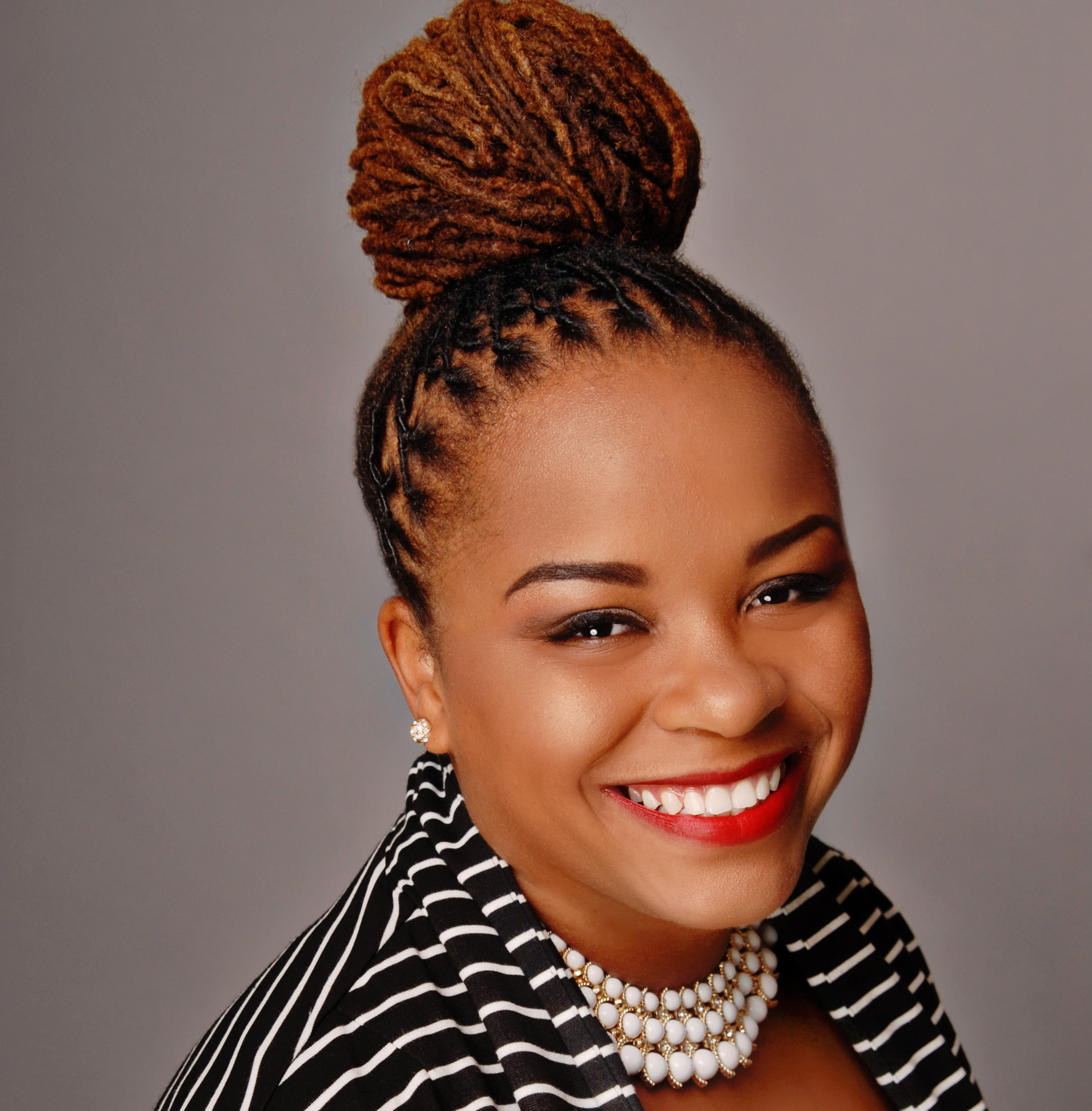Instances of self-censorship at Historically Black Colleges and Universities (HBCUs) are not uncommon. Even one of my favorite historically black college student newspapers – The Clark Atlanta University Panther, of which I was once editor, has been tangled in self-censorship’s unfortunate web.
The case I came across is not a new one. In 1997 at Clark Atlanta University, numerous financial aid student records were incomplete or missing. The discovery, made by the U.S. Department of Education, came with consequences including public shame and student outrage. Student led demonstrations quickly ensued to protest missing financial aid checks and the administration’s incompetence to run a tight ship.
What rang even louder than the student protests was the omission of one of the university’s biggest news stories on the pages of The Panther. The student-run newspaper decided not to cover the story. It wasn’t because they missed deadline, but intentionally opted out.
At that time, the assistant editor of The Panther believed that the editorial staff was just doing what was prudent to survive. Here’s what she shared with Chronicle of Higher Education (March 24, 2000, Vol. 46, Issue 29) reporter Leo Reisberg:
“The tone has been set,” she says. “We choose to censor ourselves to hold onto our money, so we’re unable to write anything hard-hitting or investigative.”
In complete fairness to The Panther staff, I’m not certain when I was editor of the same newspaper if we ever did any “real investigative work,” but I don’t think we ever deliberately turned away from it. Our inexperience, small staff, limited resources along with youthful, blissful ignorance may have gotten the best of us and maybe the same can be said for the student editors and writers who elected not to cover the financial aid story.
Historically, these pressures have been present at HBCUs since their inception. As HBCUs aggressively resist the perception that they are inferior to their mainstream counterparts, internal criticism especially from students becomes uncomfortable if not intolerable.
In the same Chronicle of Higher Education (www.chronicle.com) article, Pearl L. Stewart, an accomplished journalist and journalism educator said that,
“There’s a perception by administrators at many black colleges that they are misrepresented and portrayed in a negative light by the mainstream media more often than are white institutions, so they’re not inclined to support student newspapers on their campuses that might treat them the same way.”
So what does this mean? And what can the knowledge of our black student press history add to this discussion?
When I read through the 1920s and 1930s issues of The Mentor, which was the name of the student-run journal/newspaper at Clark University now known as Clark Atlanta University, I found a commitment to engage students in racial awareness, academic achievement, political milestones and uplifting the community to service.
In addition, The Mentor staff did support Clark with articles such as “What Do We Owe Clark?” by Edward Lloyd Simon in the March 1933 issue of the publication. Simon wrote, “So let us, as students, support Clark in every effort from football to honor roll, from prayer-meetings to dances.” The student staffers were making decisions to give the readers what they wanted because during that time, the mainstream media virtually ignored covering blacks or if they did it was less than flattering depictions.
So the black college newspapers may have been advocates more than purely objective journalists because they simply had to be. Who else would fill this void? HBCU student-run newspapers also served as a place to gain valuable hands-on training for a career in journalism.
As we fast-forward to 1997, times had changed and so had the expectations especially on HBCU campuses.
The more significant questions for us to think about HBCU student-run newspapers: If the editors and reporters already know the mainstream media is waiting to cover the “negative” story, should they opt out to financially survive? Or should they still be advocates and objective journalists by opting in and writing the story from the perspective that only they can uniquely give as students? And finally, how much do we value our black student-run press if we (including administrators) don’t insist that they learn how to accurately cover all stories – the ones on the inside as well as those on the outside?
 Sheryl Kennedy Haydel, a proud graduate of Clark Atlanta University, is an instructor at Xavier University of Louisiana where she teaches public relations and news writing courses. In addition, she is a doctoral student in the University of Southern Mississippi’s School of Mass Communication and Journalism with an emphasis in public relations and journalism history. Her primary research area includes the black student-run press. Haydel has been a journalist, public relations professional, scholar and instructor for more than 20 years. Read her blog Historically Being and follow her on Twitter at @skhaydel.
Sheryl Kennedy Haydel, a proud graduate of Clark Atlanta University, is an instructor at Xavier University of Louisiana where she teaches public relations and news writing courses. In addition, she is a doctoral student in the University of Southern Mississippi’s School of Mass Communication and Journalism with an emphasis in public relations and journalism history. Her primary research area includes the black student-run press. Haydel has been a journalist, public relations professional, scholar and instructor for more than 20 years. Read her blog Historically Being and follow her on Twitter at @skhaydel.













